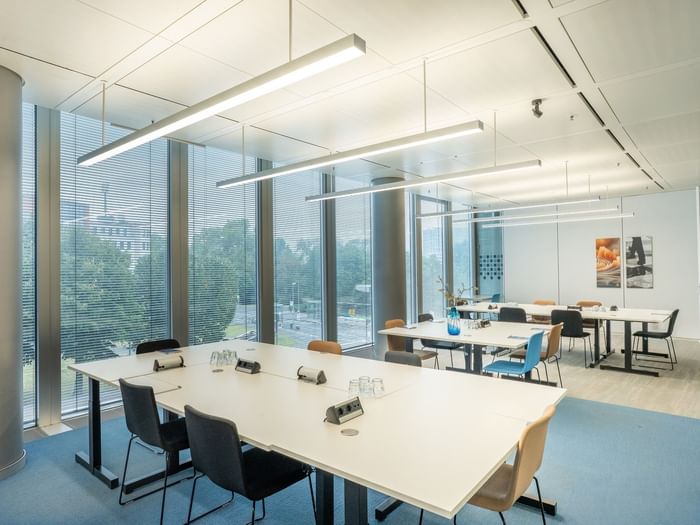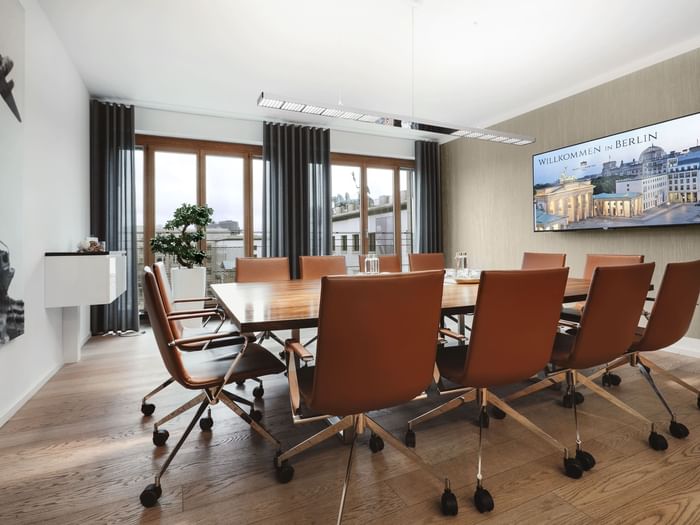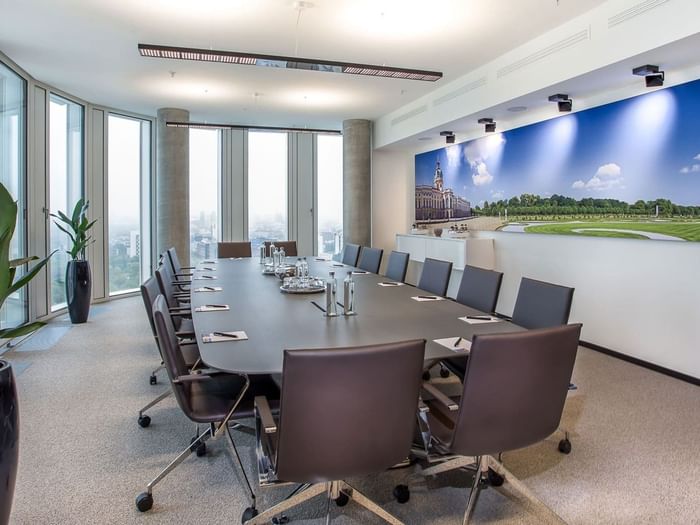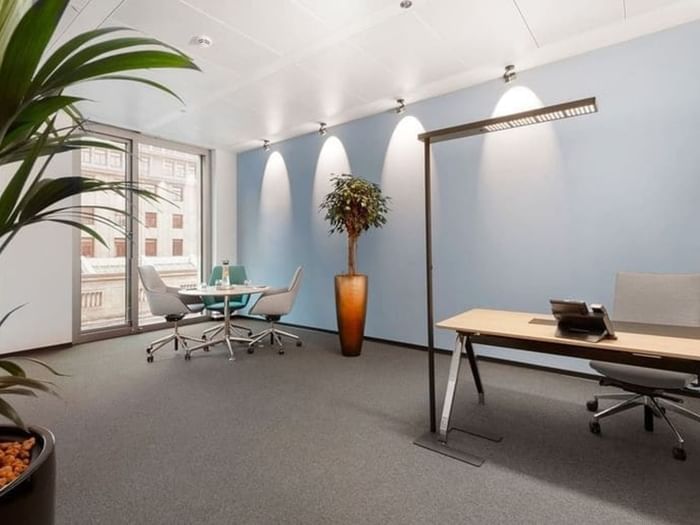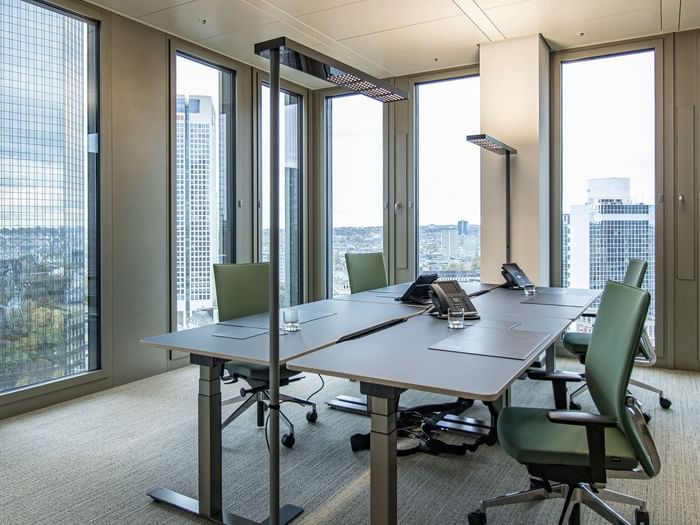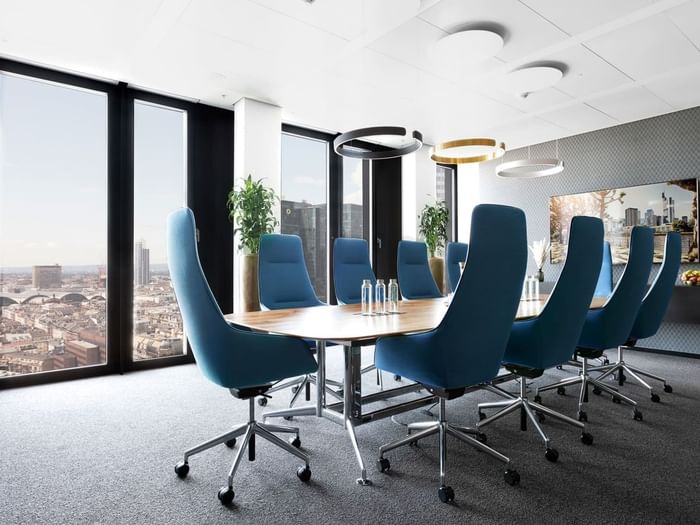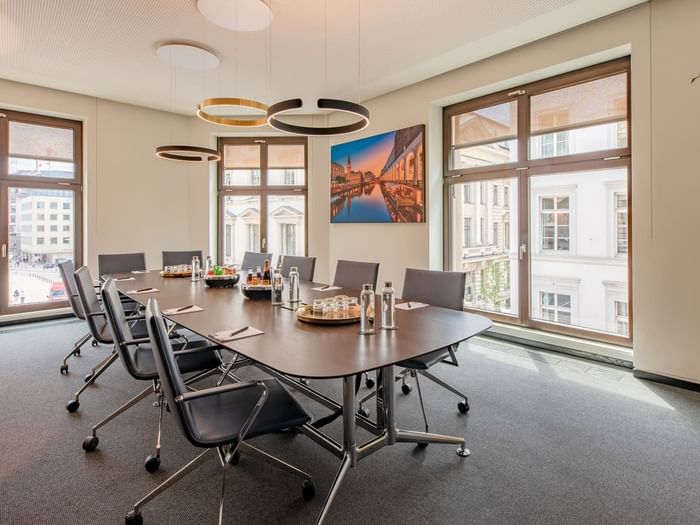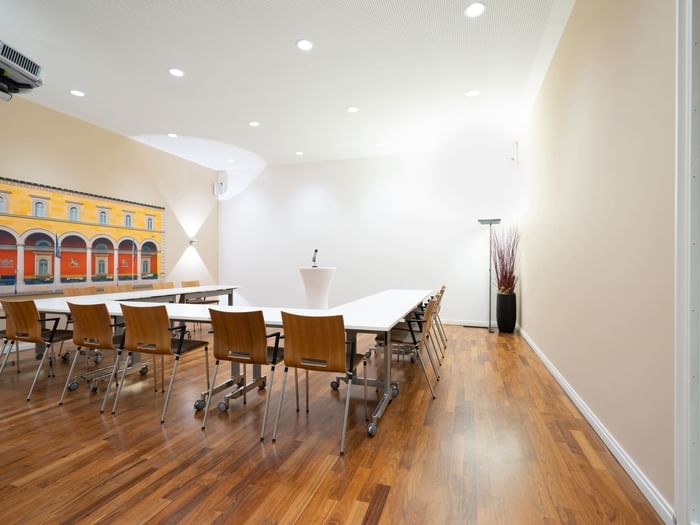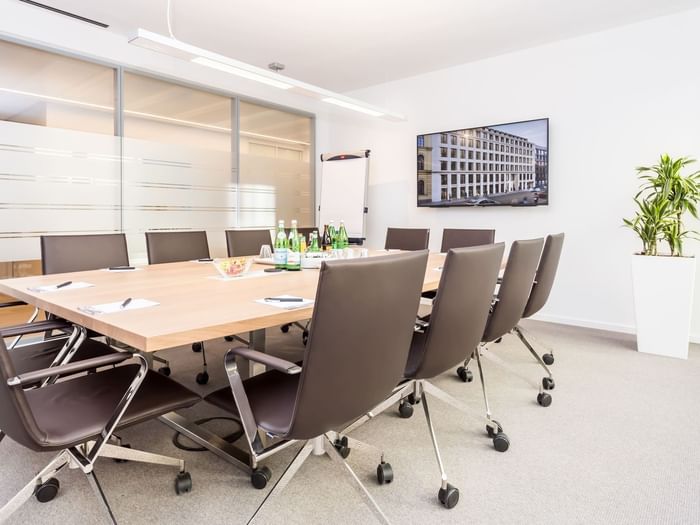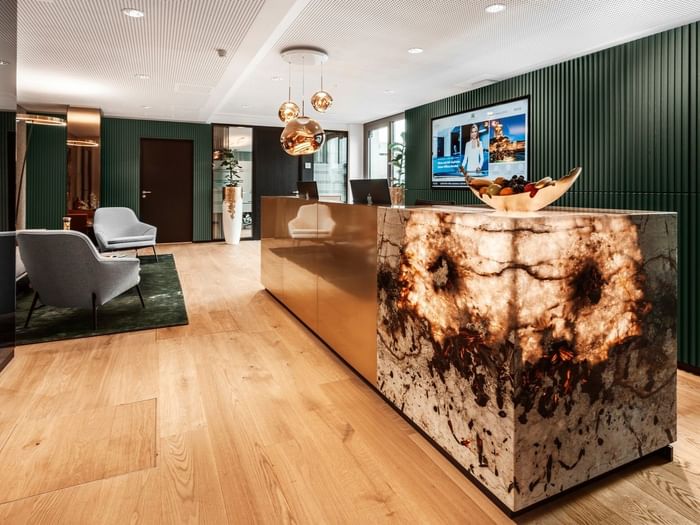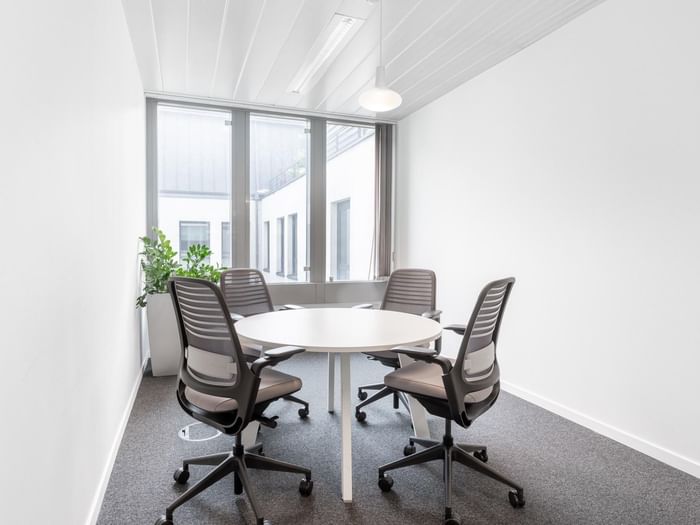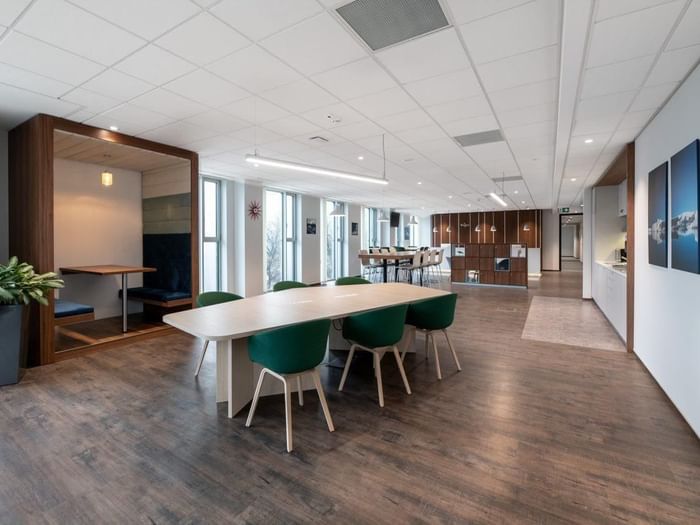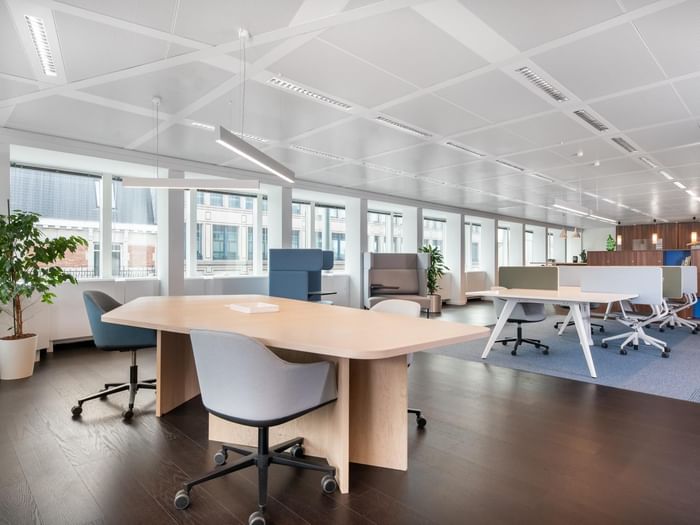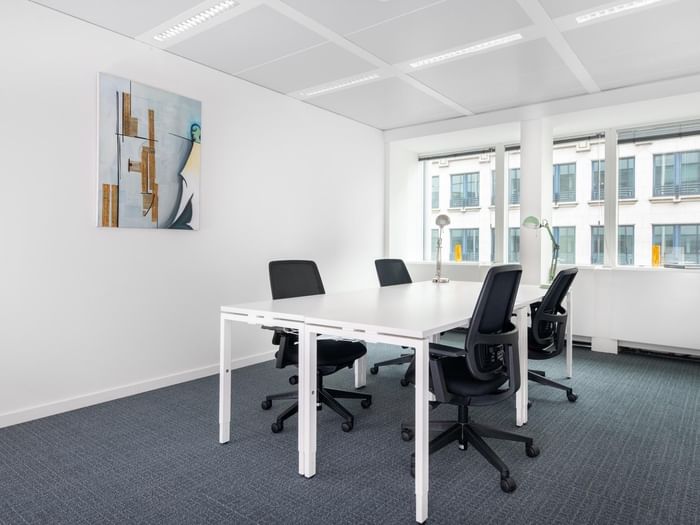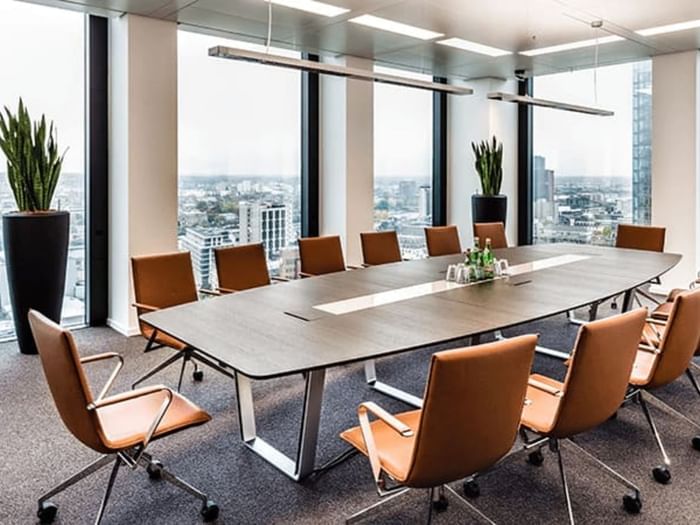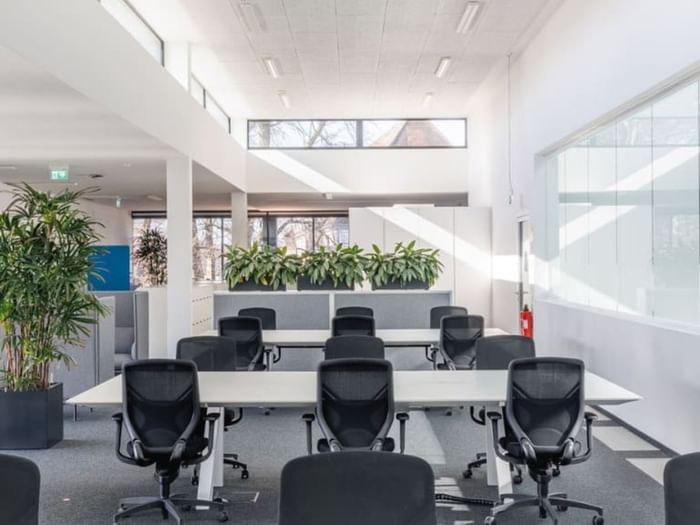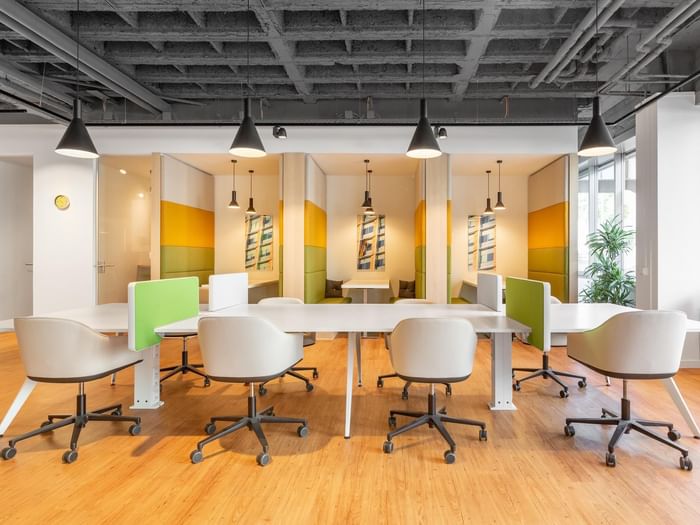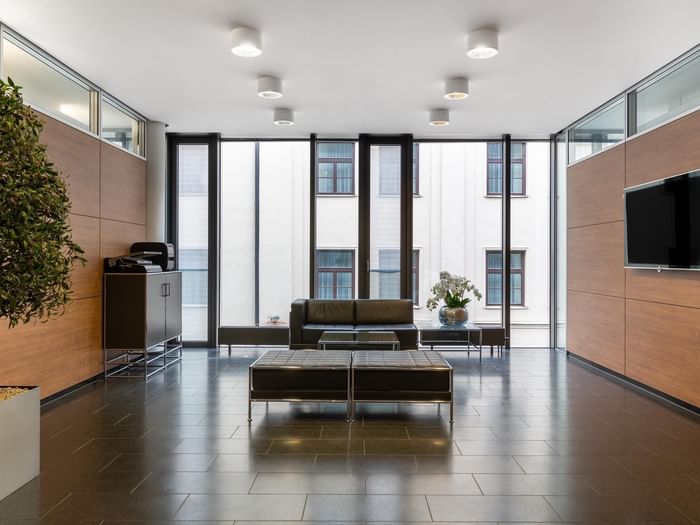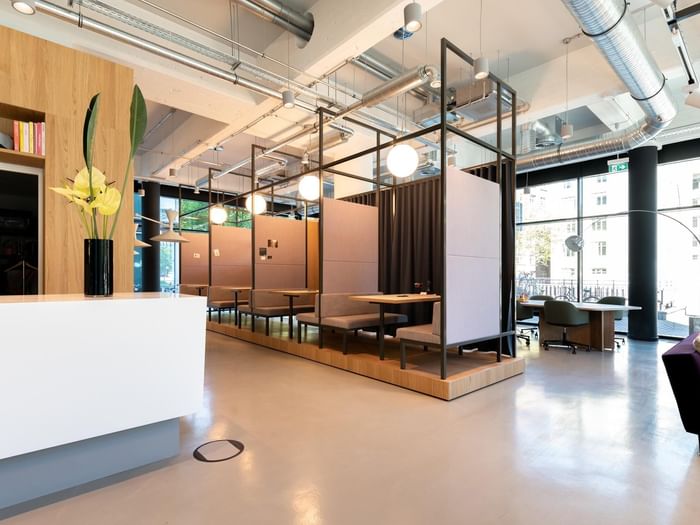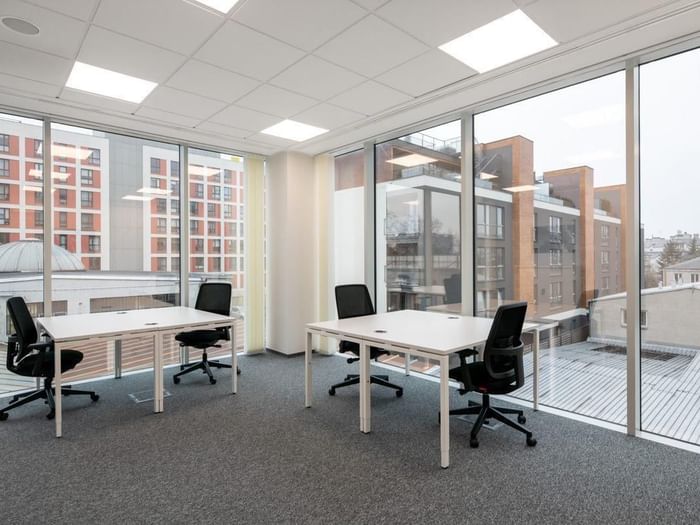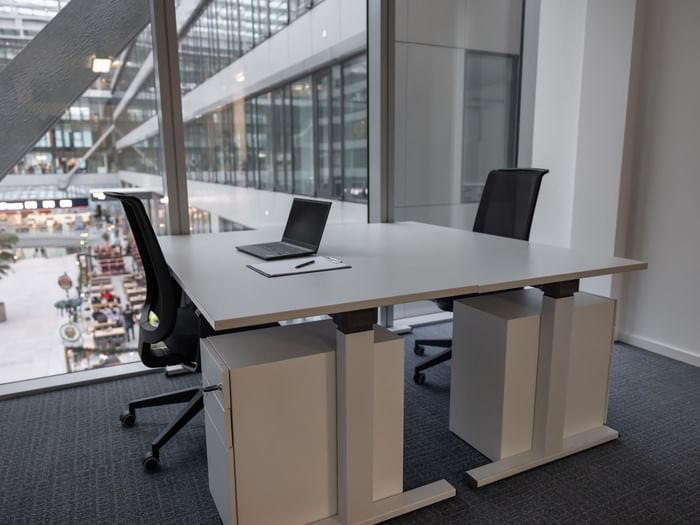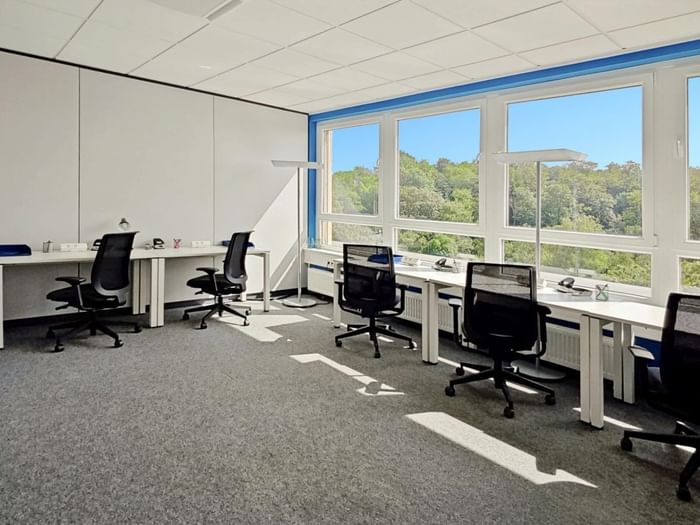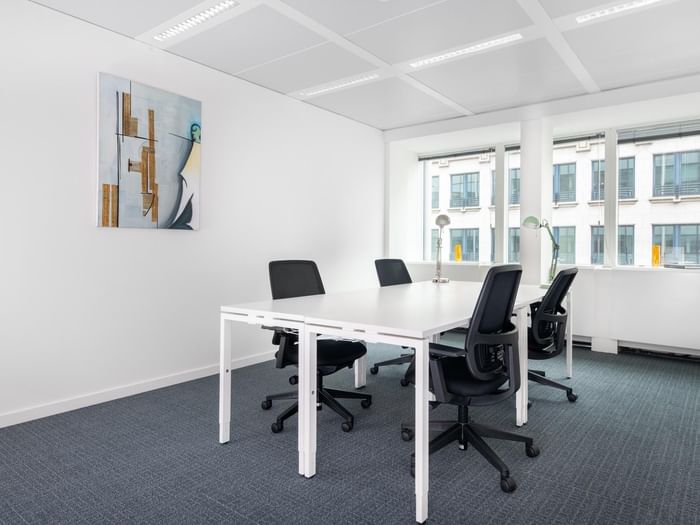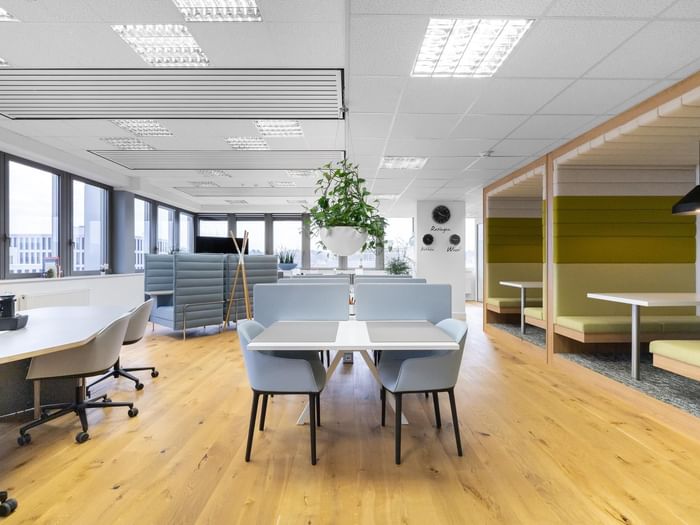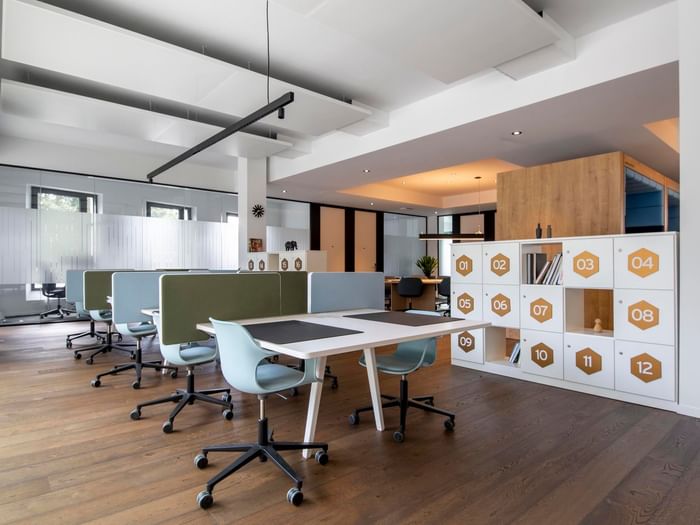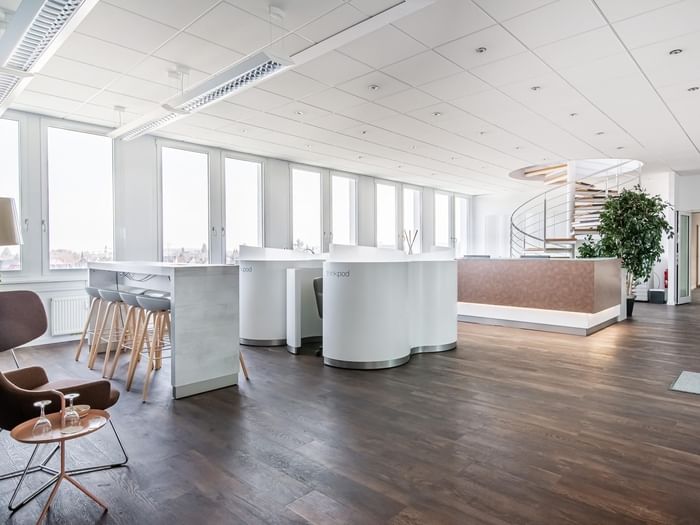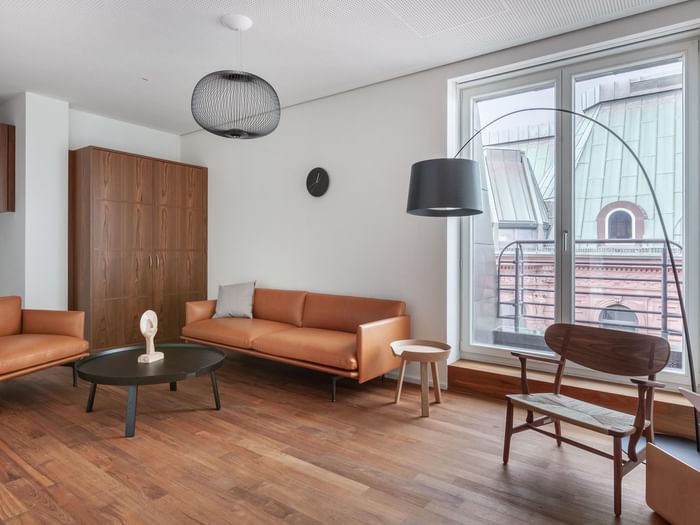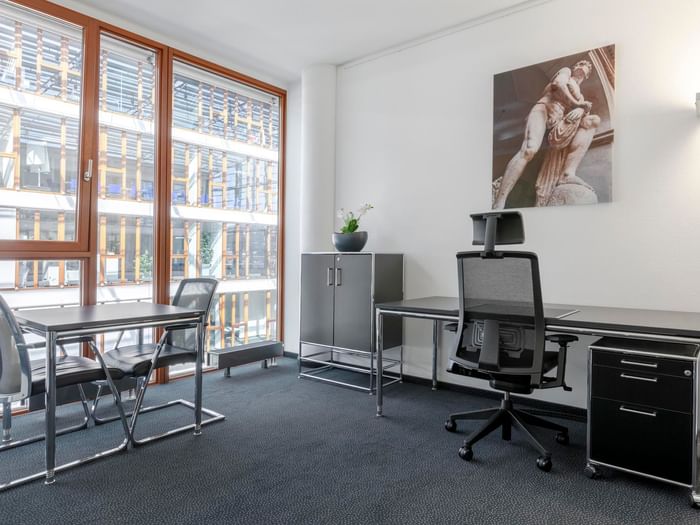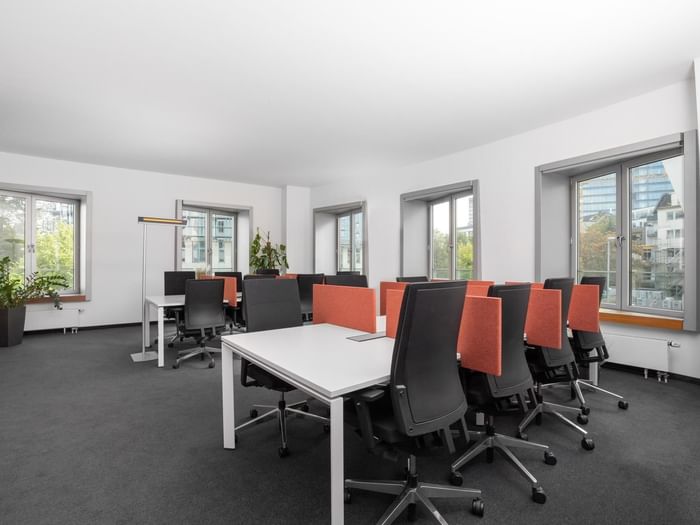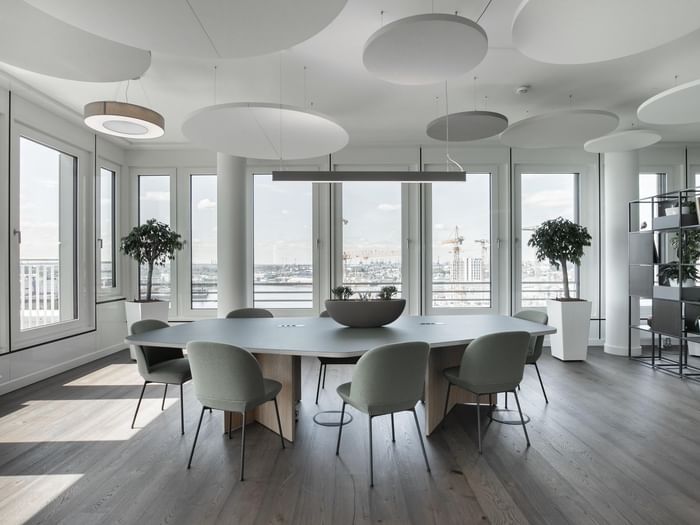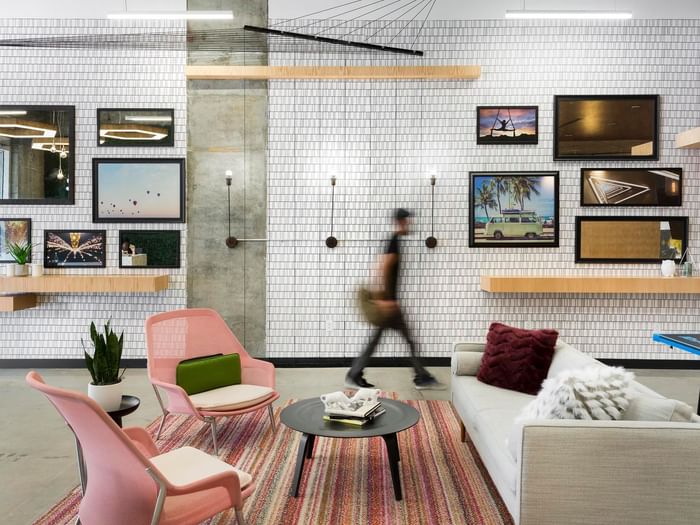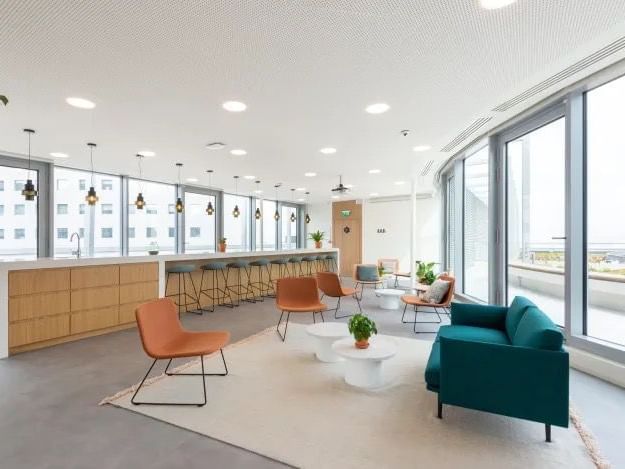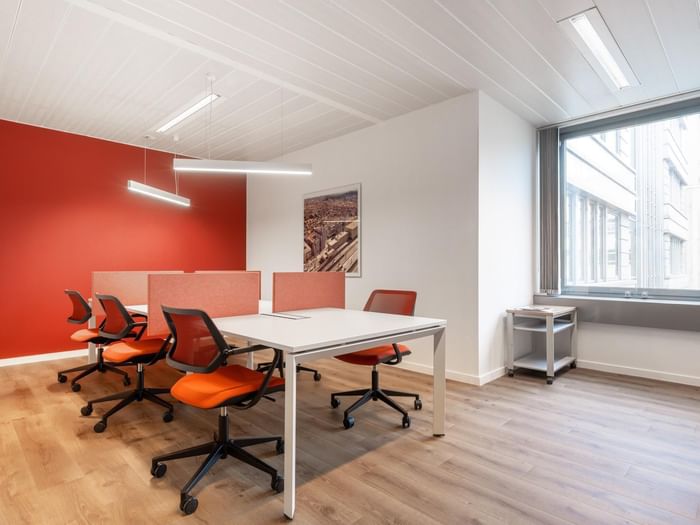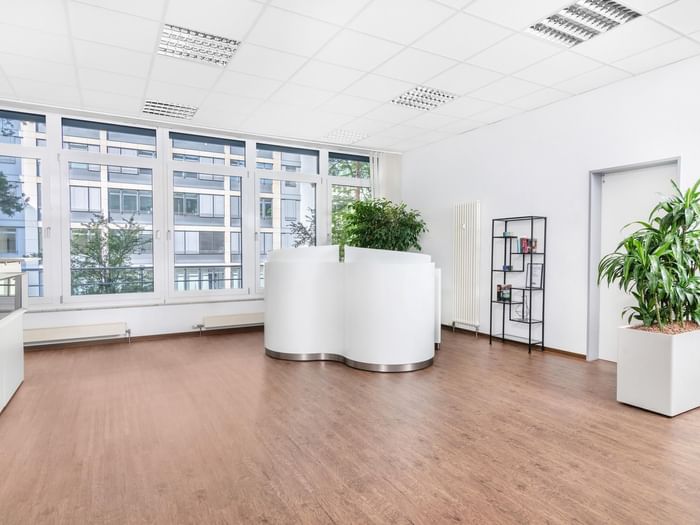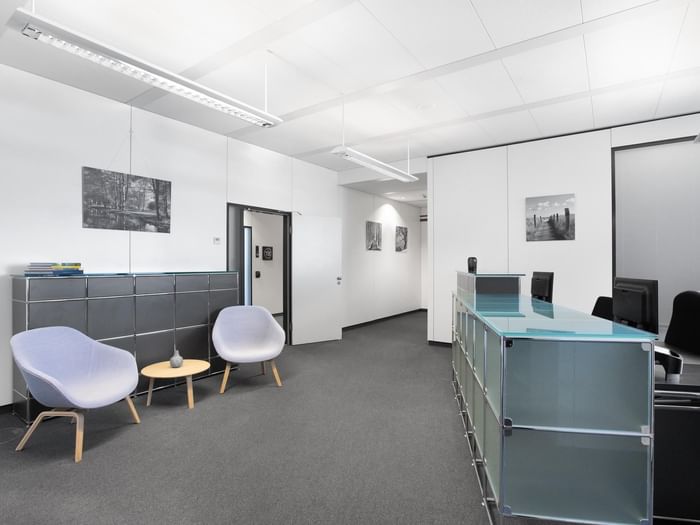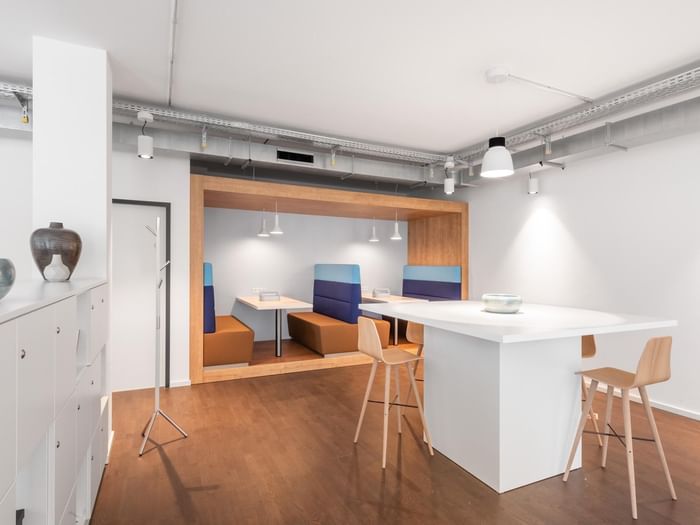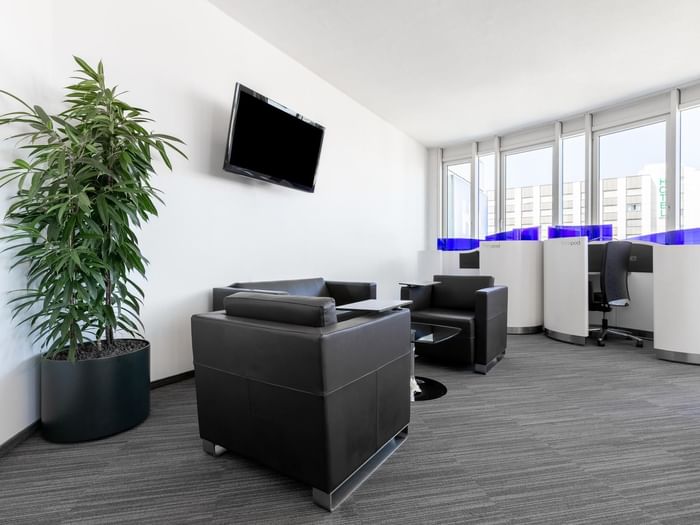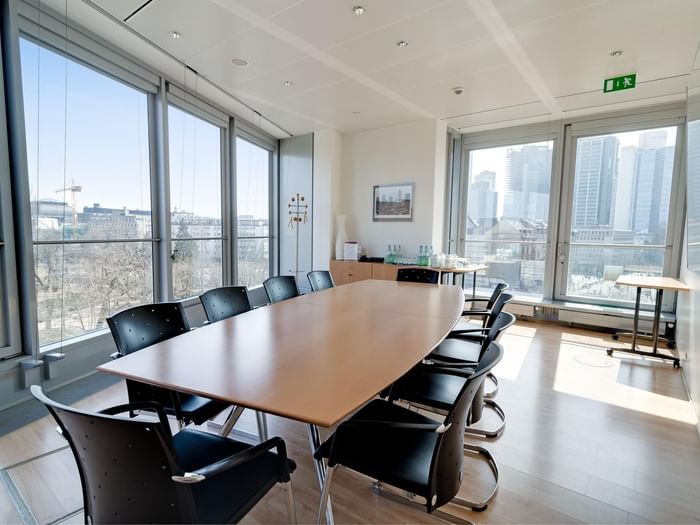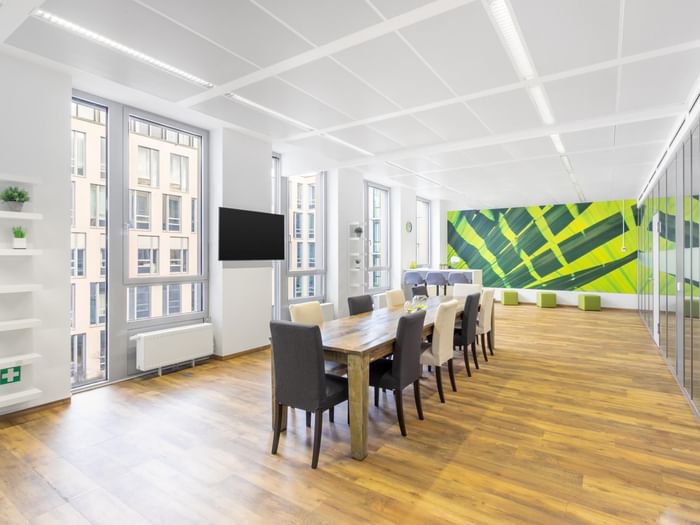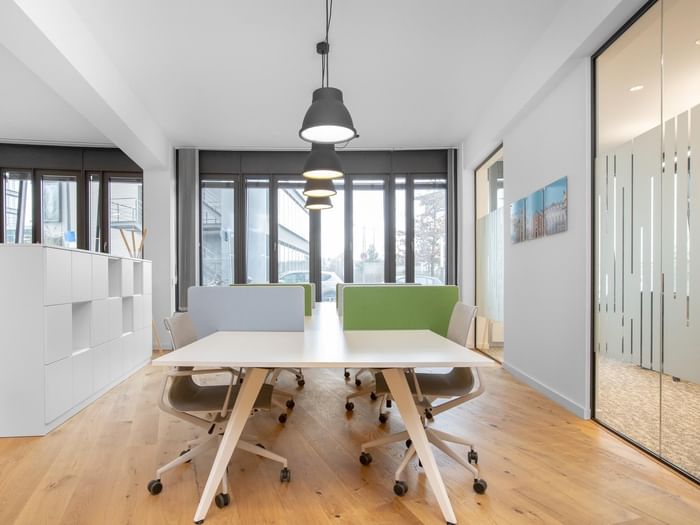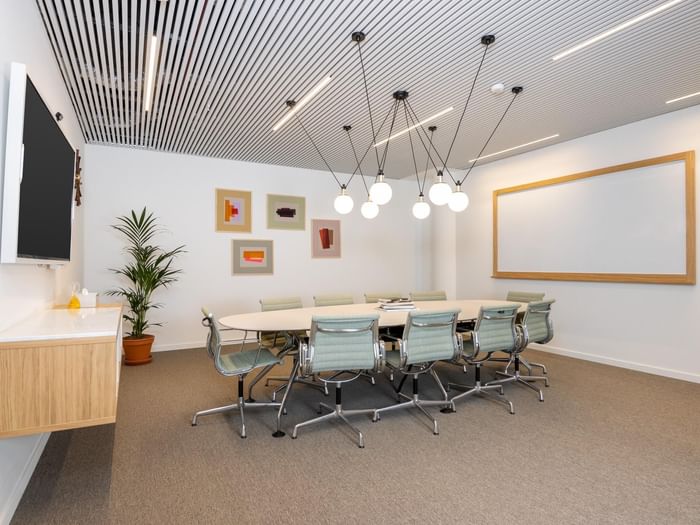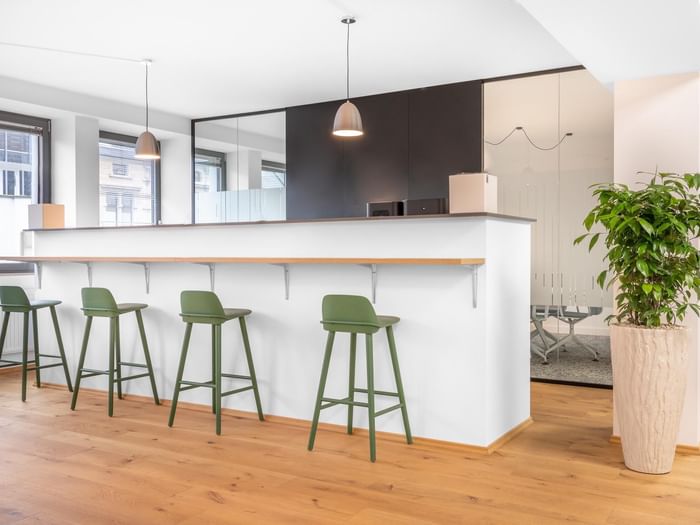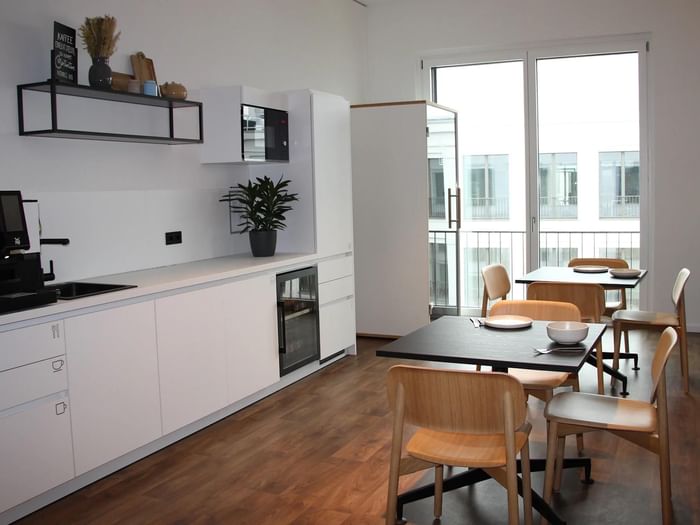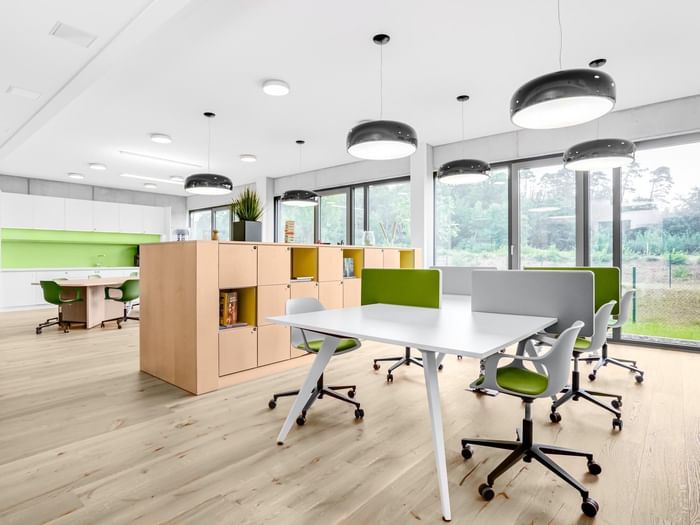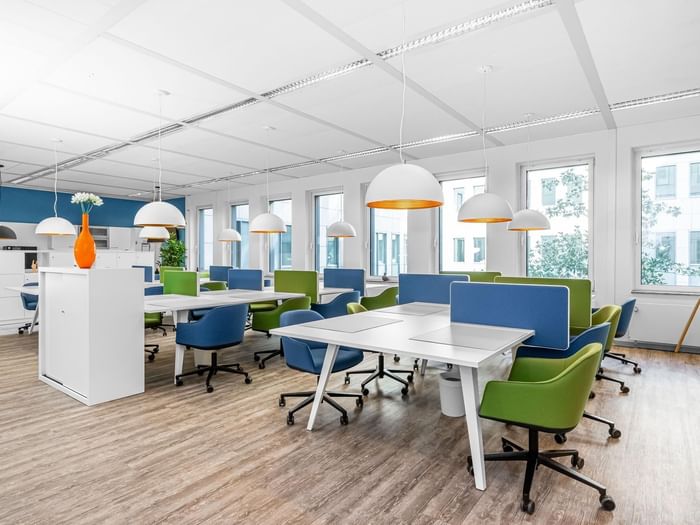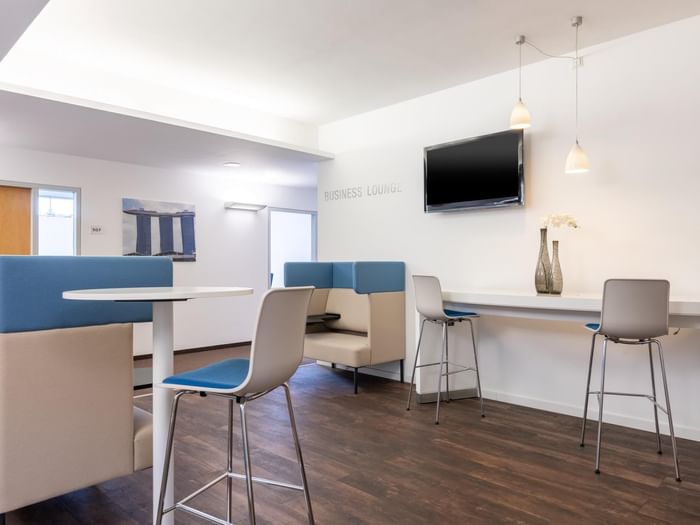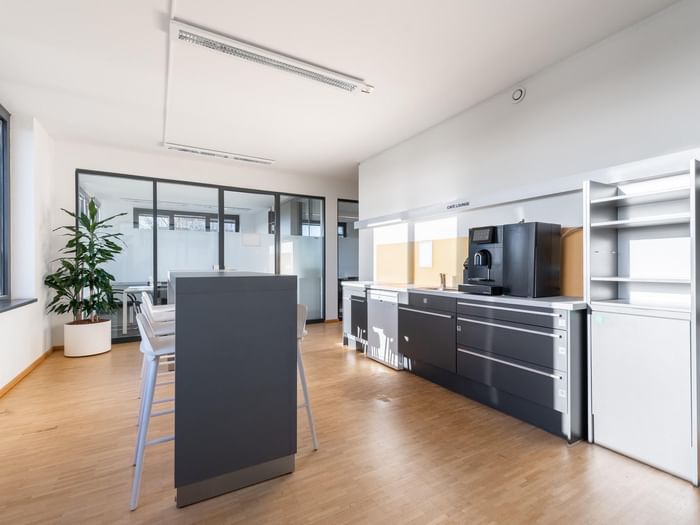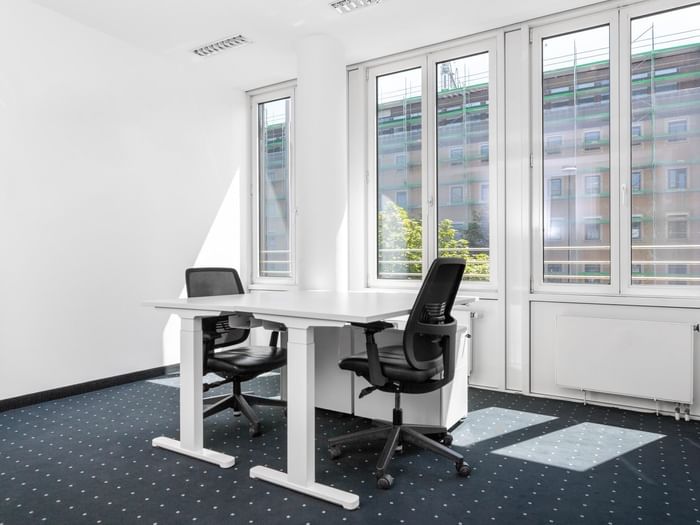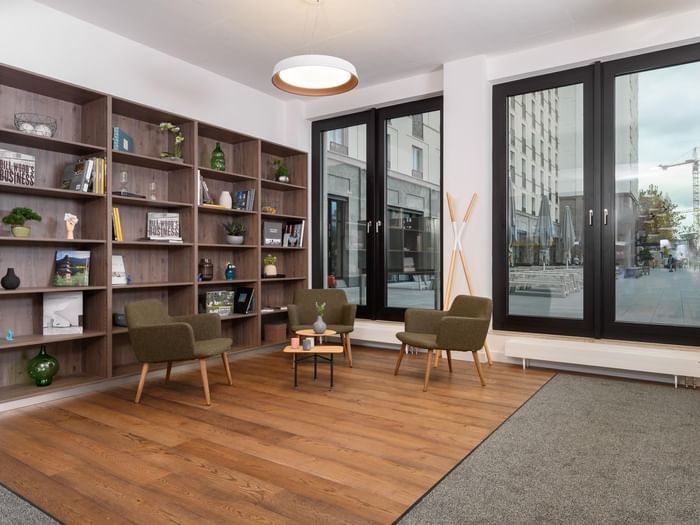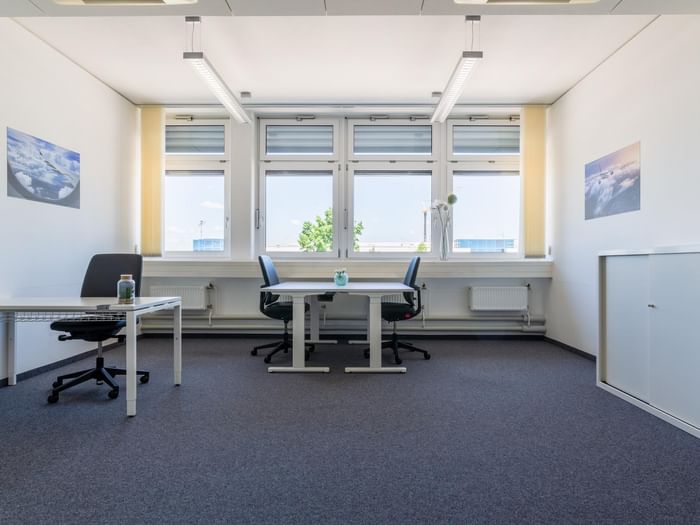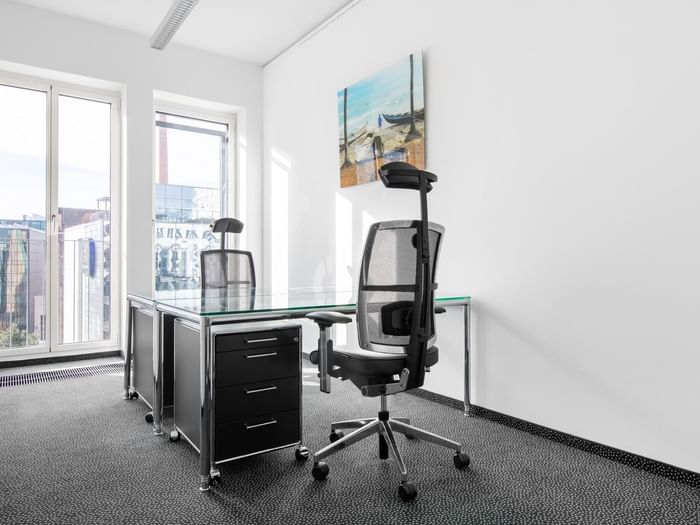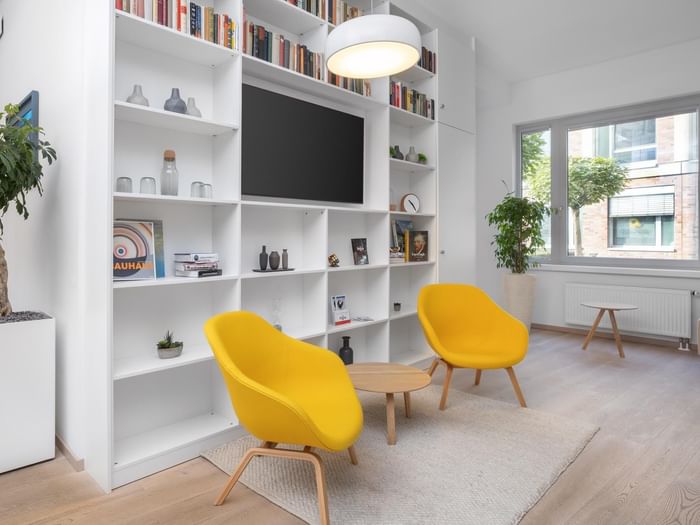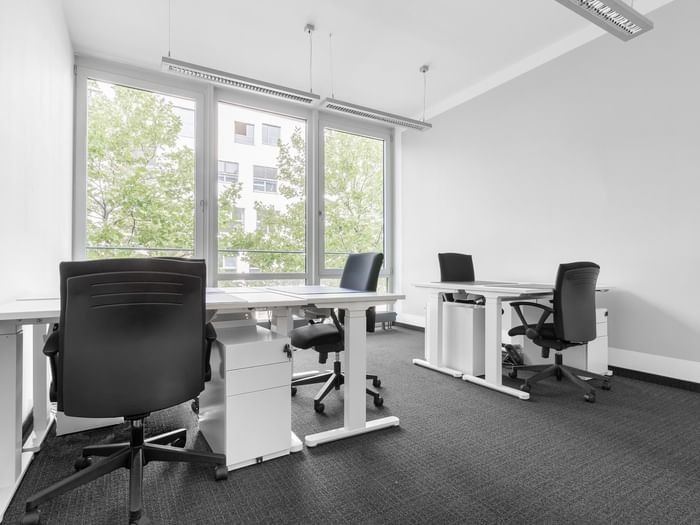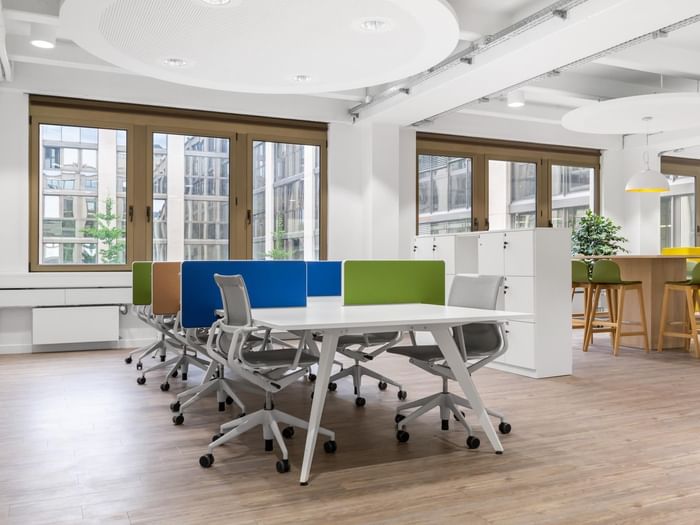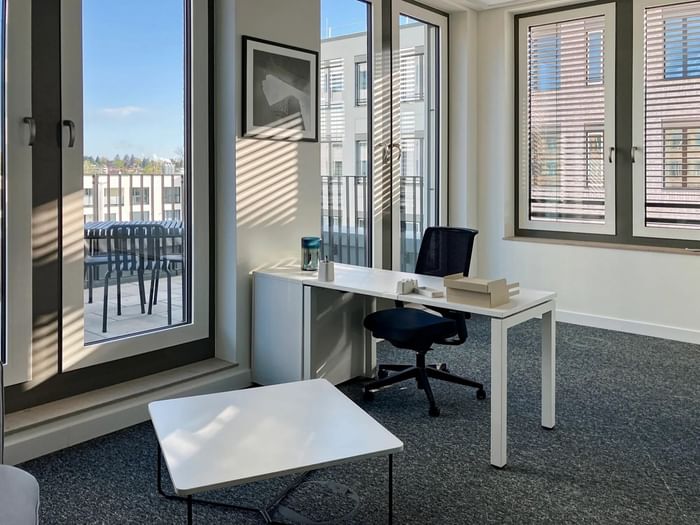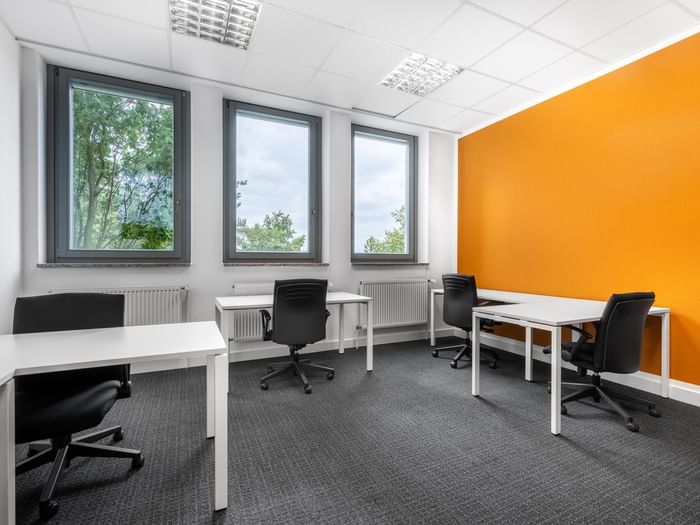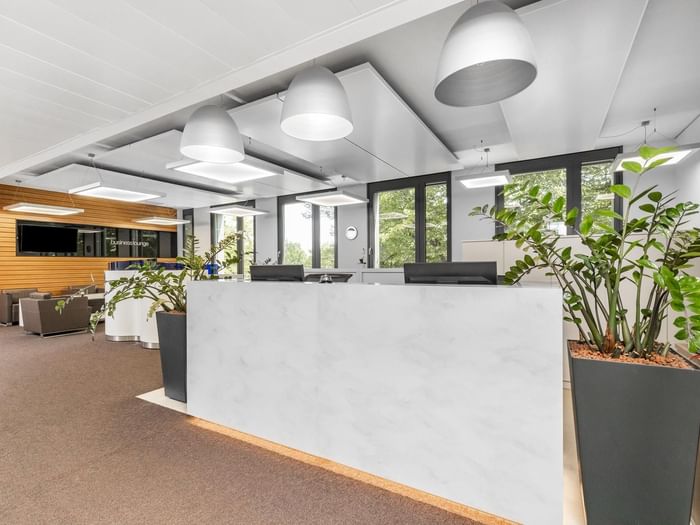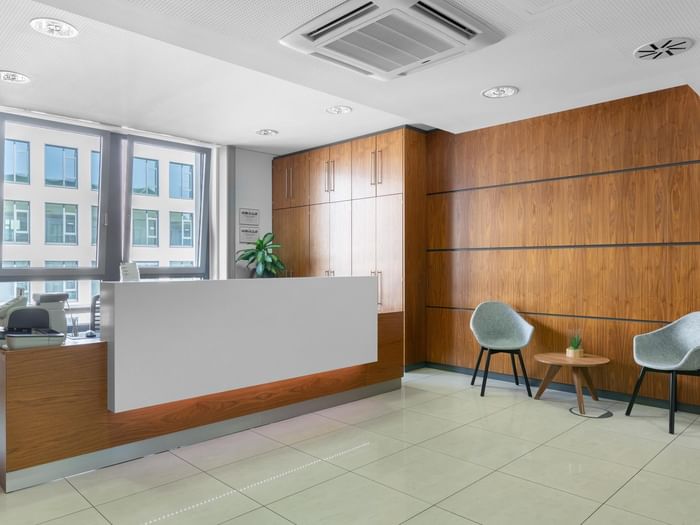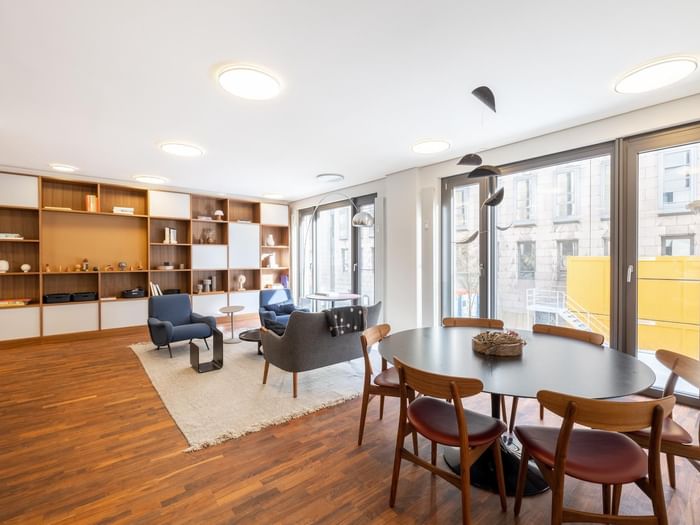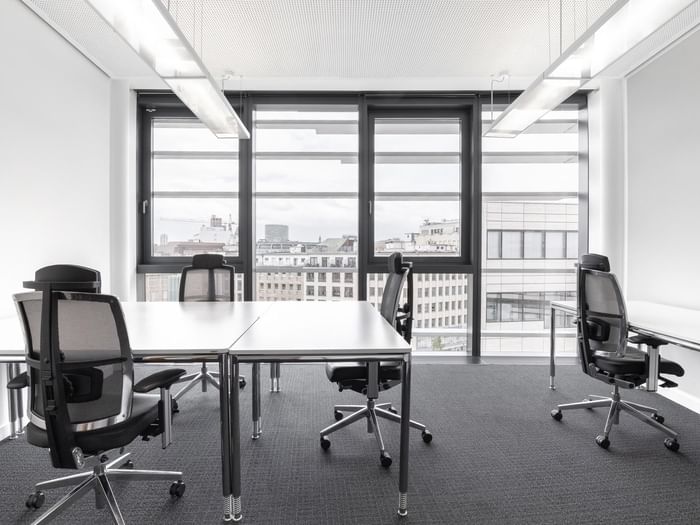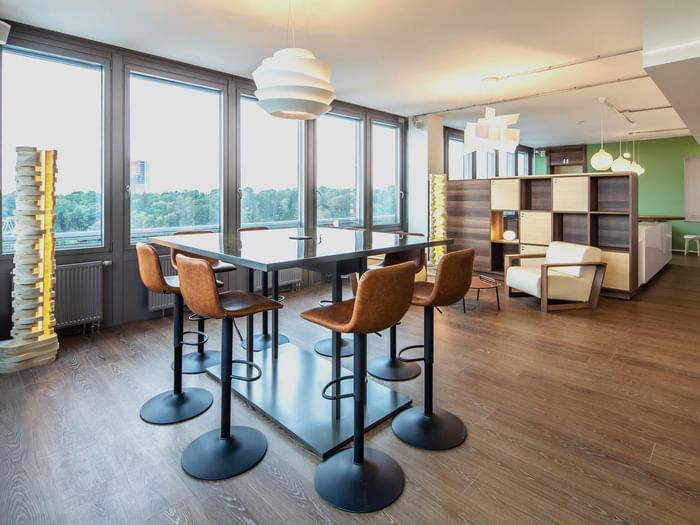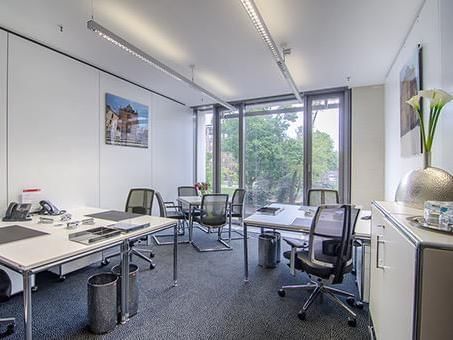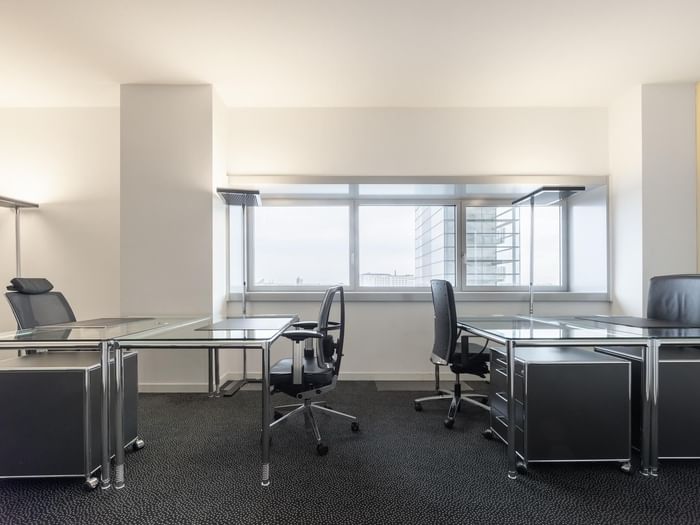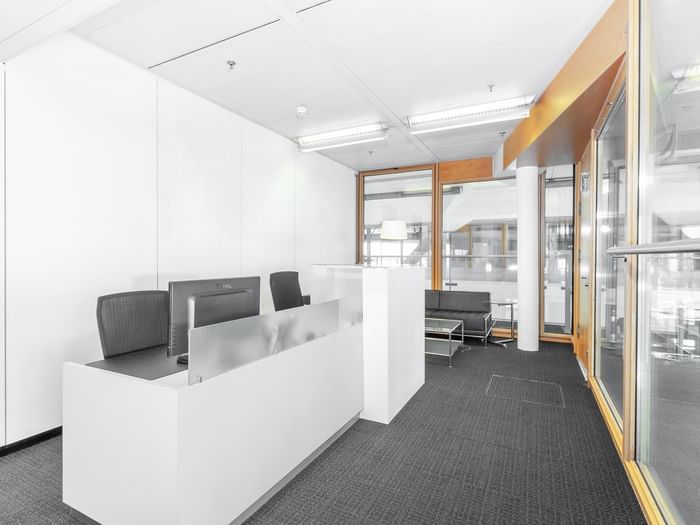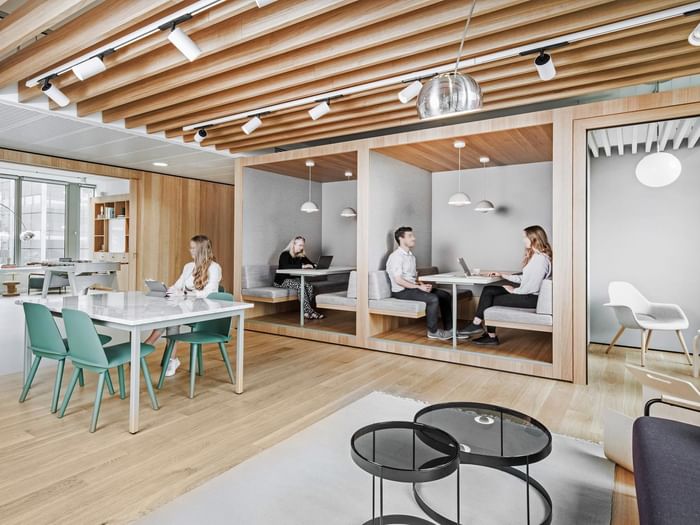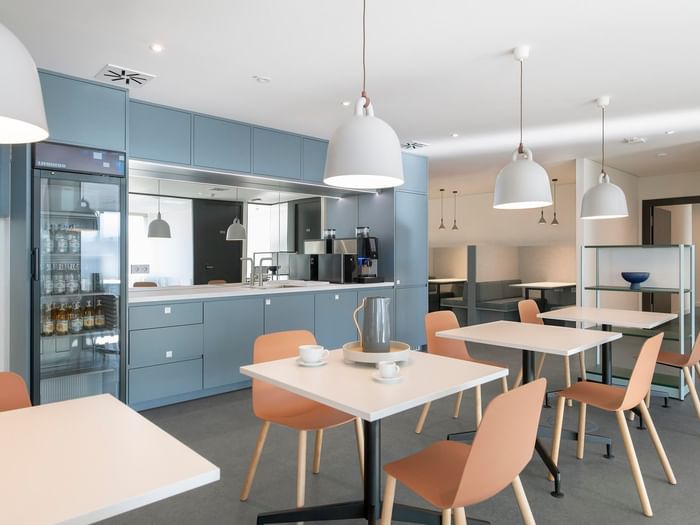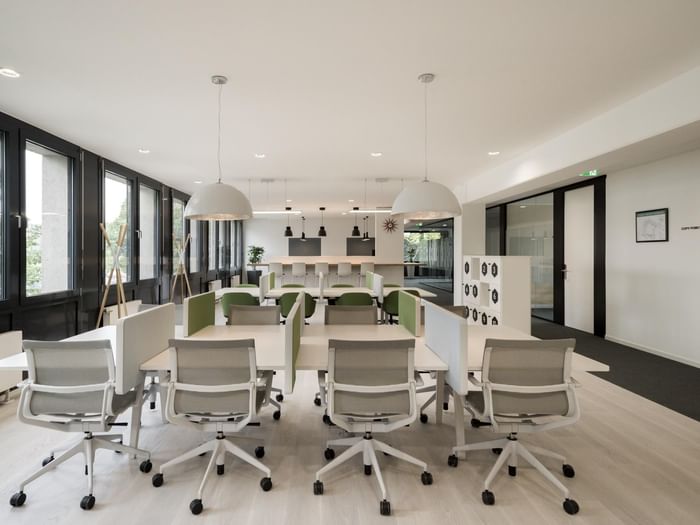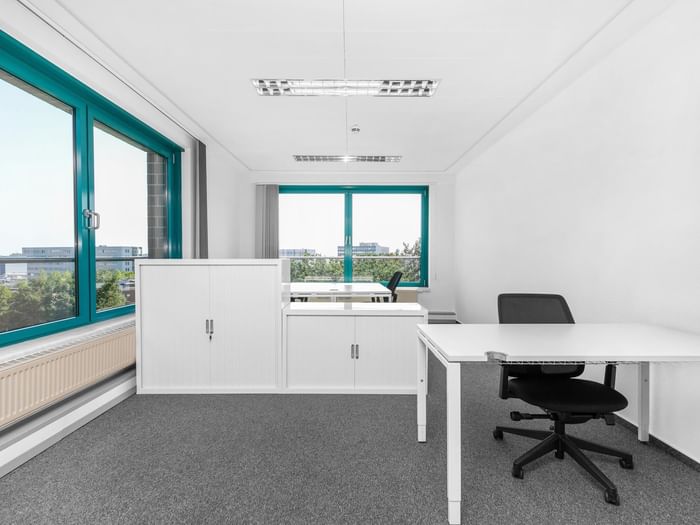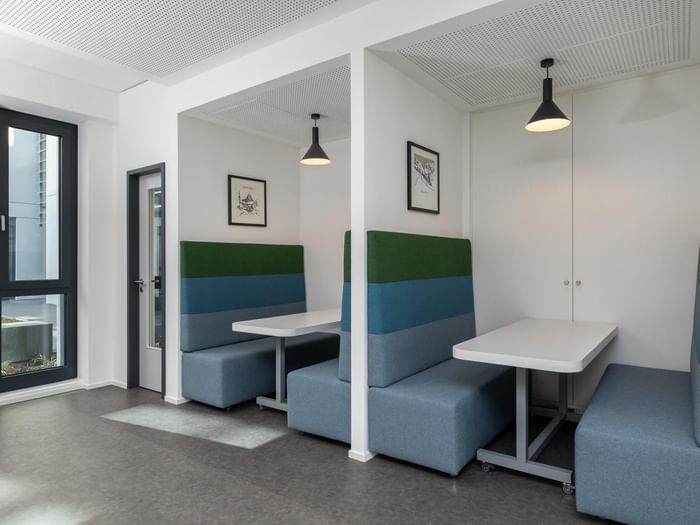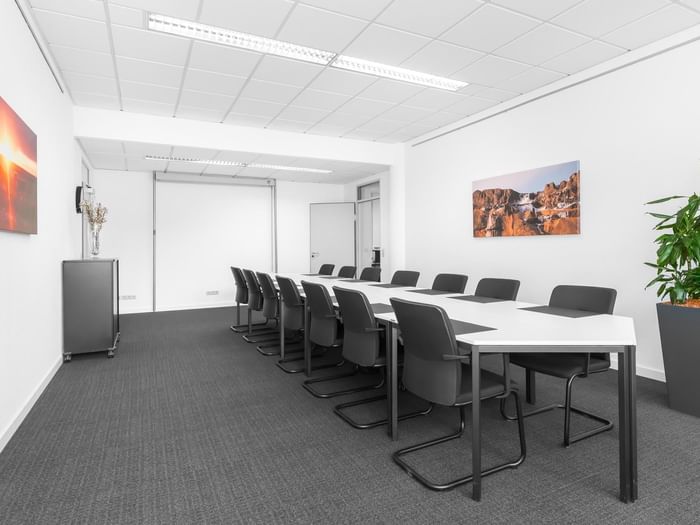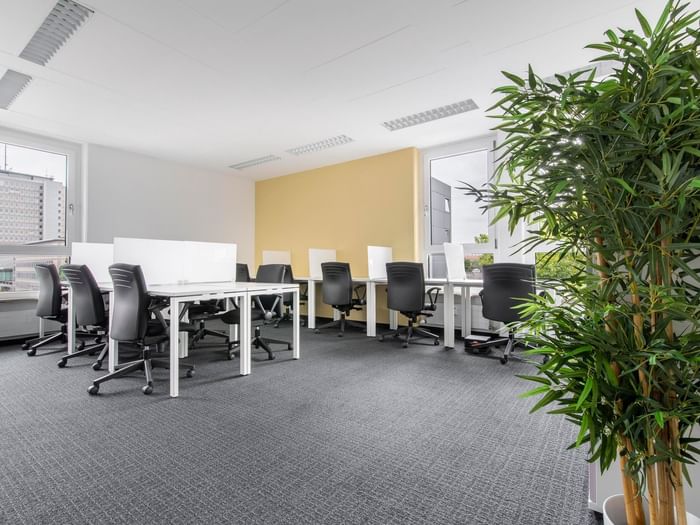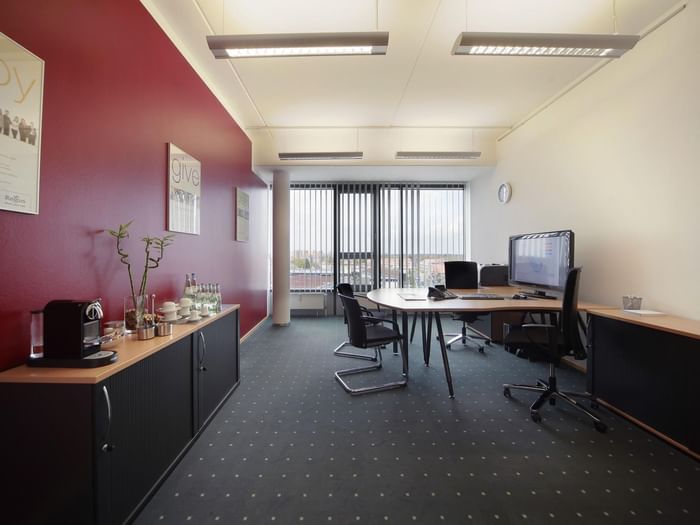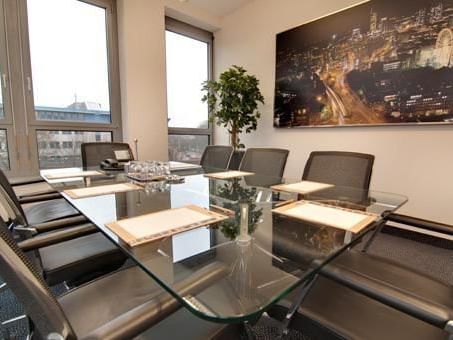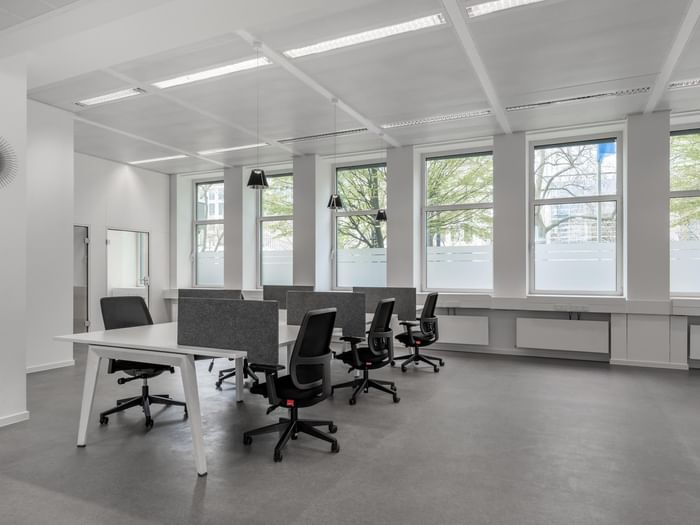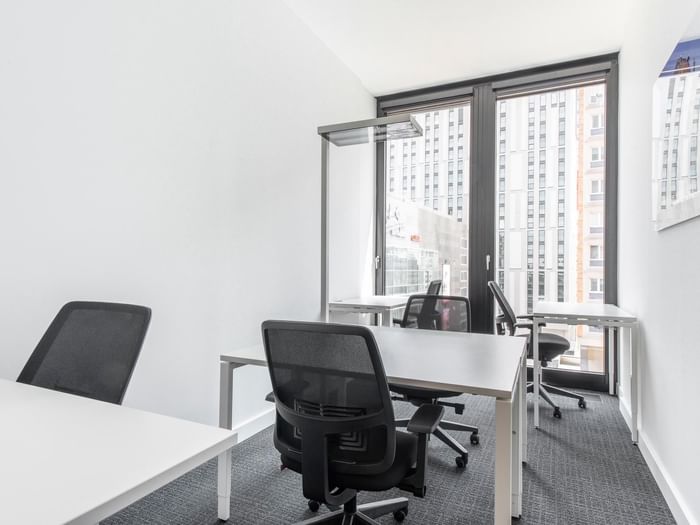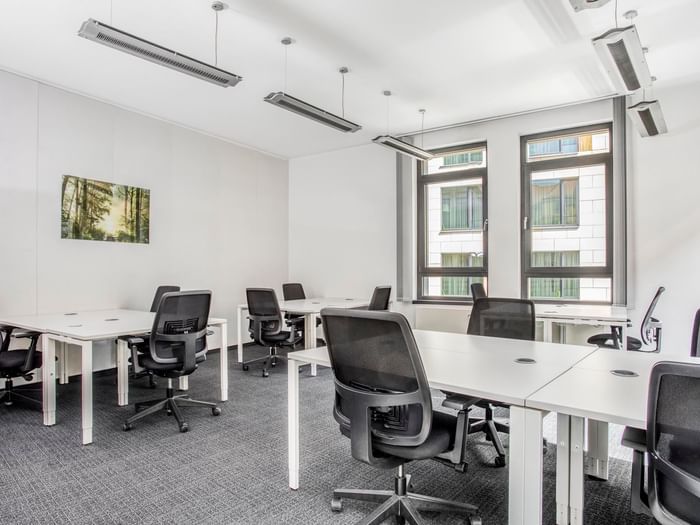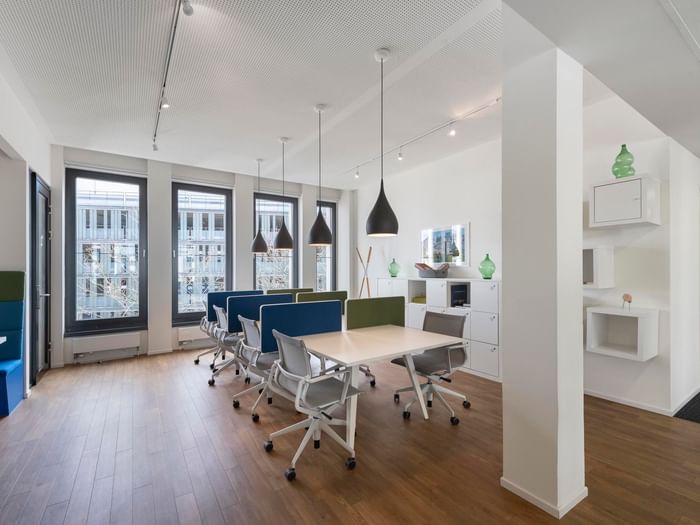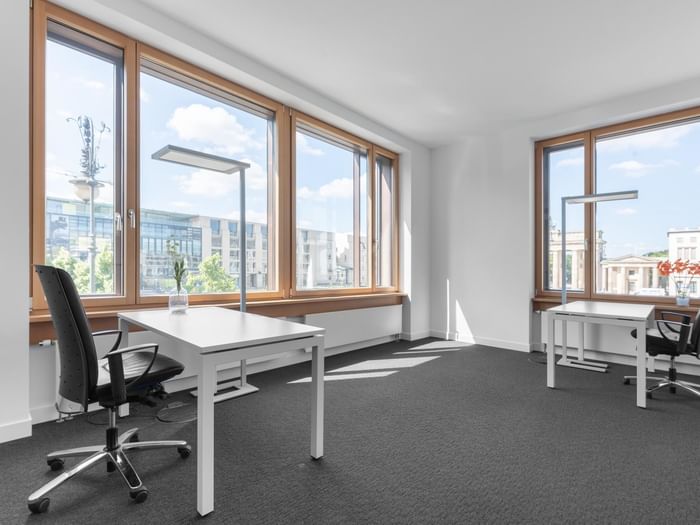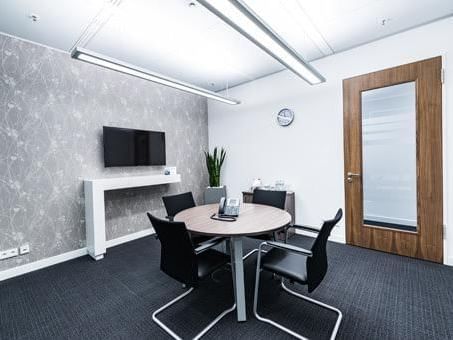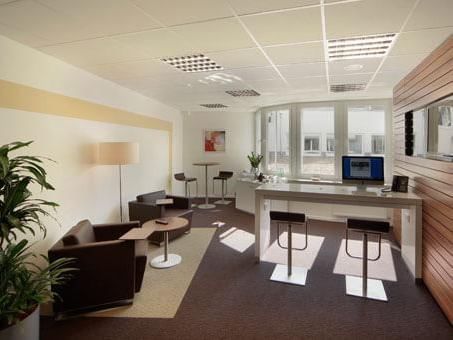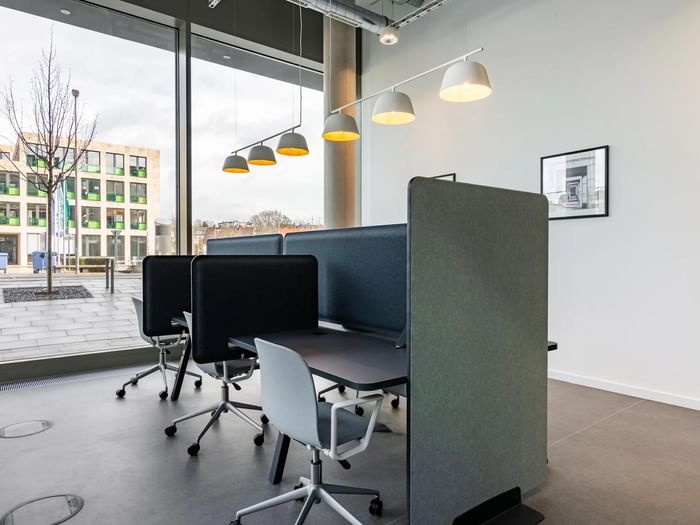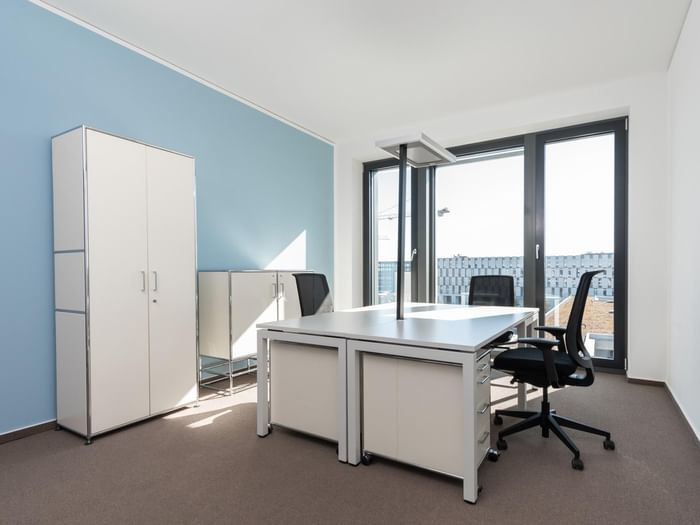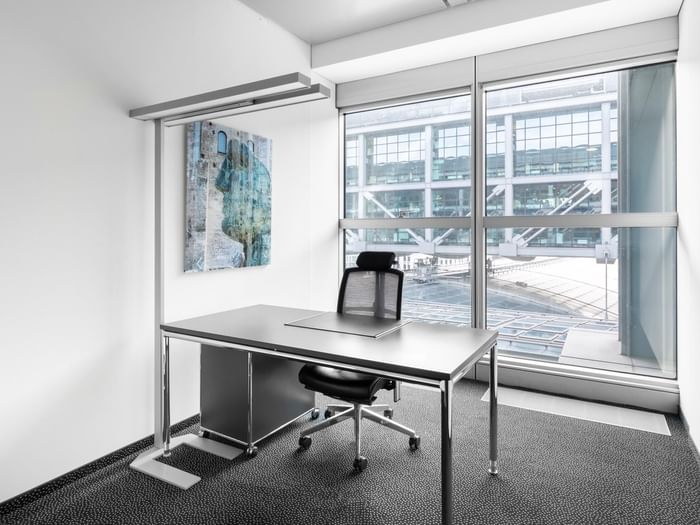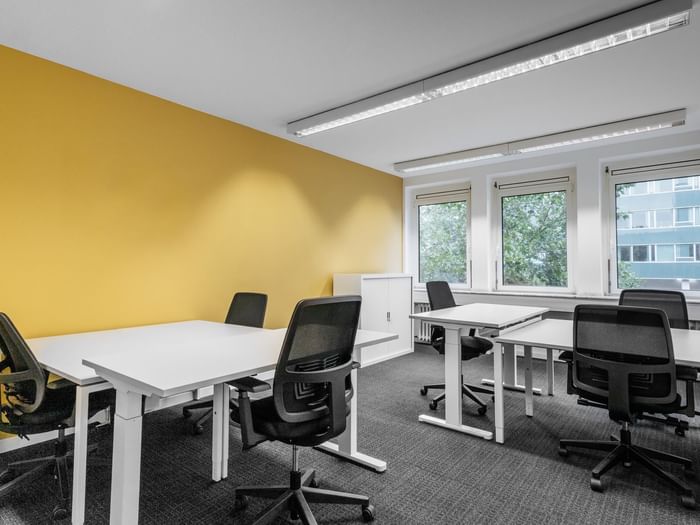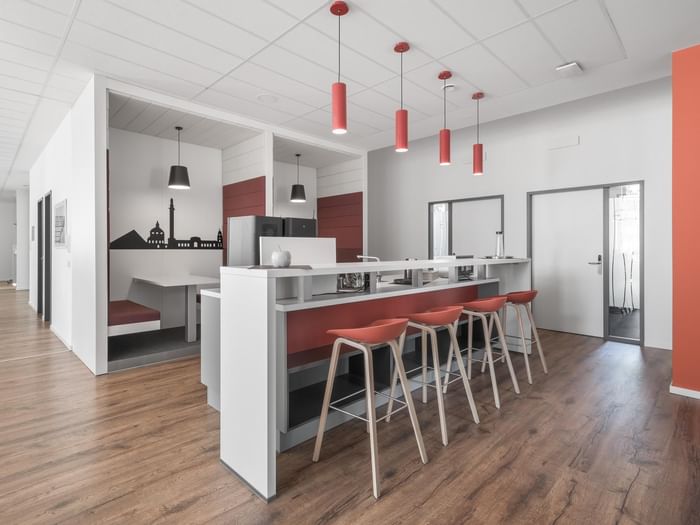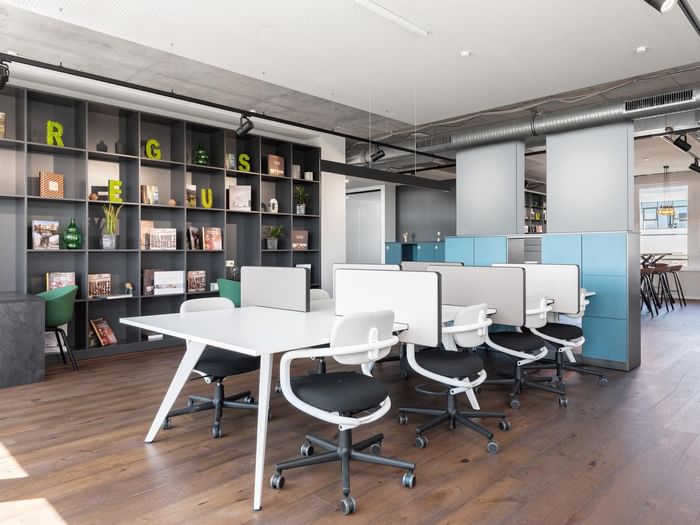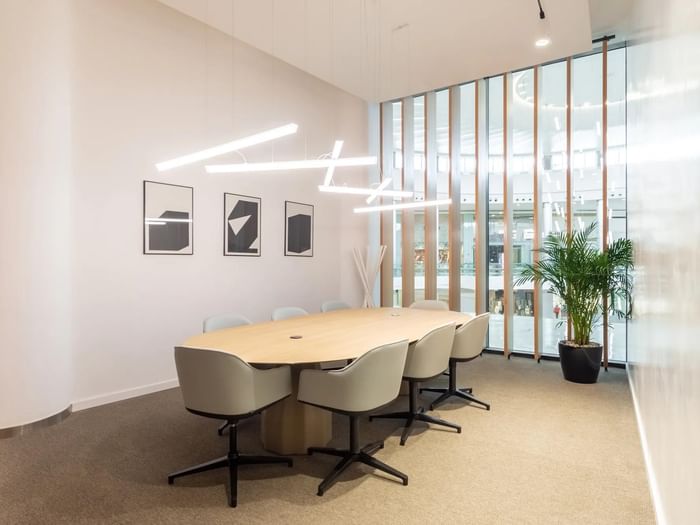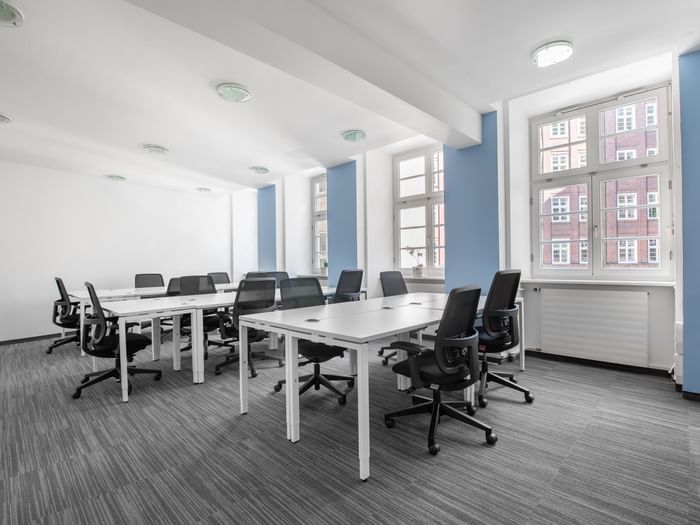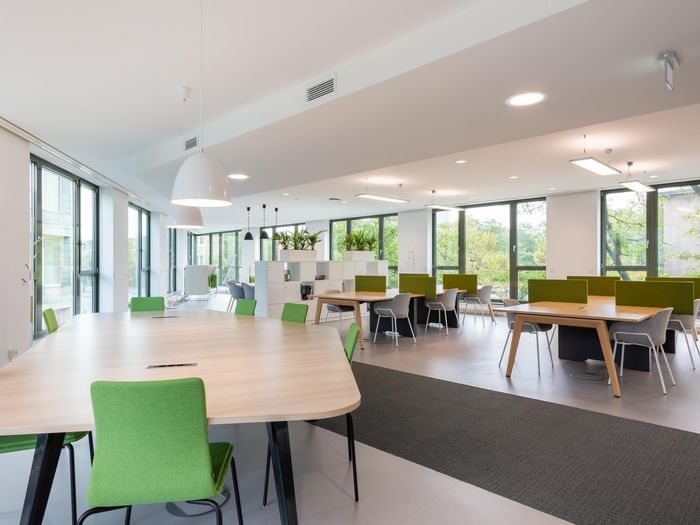Serviced Offices & Coworking Spaces Germany
1861 results
Save time: we'll find your office space free of charge: find out more
-
Prices on request, contact us
-
Starting from€ 1,690 / month
-
Starting from€ 2,390 / month
-
Starting from€ 1,690 / month
-
Starting from€ 2,690 / month
-
Starting from€ 2,290 / month
-
Starting from€ 1,590 / month
-
Starting from€ 2,690 / month
-
Starting from€ 2,090 / month
-
Starting from€ 1,390 / month
-
Starting from€ 169 / month
-
Starting from€ 305 / month
-
Starting from€ 139 / month
-
Starting from€ 265 / month
-
Starting from€ 2,190 / month
-
Prices on request, contact us
-
Starting from€ 239 / month
-
Starting from€ 885 / month
-
Starting from€ 459 / month
-
Starting from€ 299 / month
-
Starting from€ 245 / month
-
Starting from€ 229 / month
-
Starting from€ 229 / month
-
Starting from€ 235 / month
-
Starting from€ 249 / month
-
Starting from€ 219 / month
-
Starting from€ 189 / month
-
Prices on request, contact us
-
Starting from€ 255 / month
-
Starting from€ 295 / month
-
Starting from€ 269 / month
-
Starting from€ 365 / month
-
Starting from€ 325 / month
-
Starting from€ 349 / month
-
Starting from€ 419 / month
-
Starting from€ 595 / month
-
Prices on request, contact us
-
Starting from€ 575 / month
-
Starting from€ 189 / month
-
Starting from€ 209 / month
-
Starting from€ 225 / month
-
Starting from€ 335 / month
-
Starting from€ 195 / month
-
Starting from€ 195 / month
-
Starting from€ 295 / month
-
Starting from€ 355 / month
-
Starting from€ 279 / month
-
Starting from€ 215 / month
-
Starting from€ 219 / month
-
Starting from€ 305 / month
-
Starting from€ 285 / month
-
Starting from€ 199 / month
-
Starting from€ 259 / month
-
Starting from€ 355 / month
-
Starting from€ 225 / month
-
Starting from€ 399 / month
-
Starting from€ 295 / month
-
Starting from€ 215 / month
-
Starting from€ 545 / month
-
Starting from€ 219 / month
-
Starting from€ 309 / month
-
Starting from€ 315 / month
-
Starting from€ 189 / month
-
Starting from€ 249 / month
-
Starting from€ 399 / month
-
Starting from€ 269 / month
-
Starting from€ 355 / month
-
Starting from€ 469 / month
-
Starting from€ 439 / month
-
Starting from€ 525 / month
-
Starting from€ 469 / month
-
Starting from€ 459 / month
-
Starting from€ 305 / month
-
Starting from€ 225 / month
-
Starting from€ 209 / month
-
Starting from€ 155 / month
-
Starting from€ 305 / month
-
Starting from€ 155 / month
-
Starting from€ 239 / month
-
Starting from€ 209 / month
-
Starting from€ 175 / month
-
Starting from€ 225 / month
-
Starting from€ 35 / month
-
Starting from€ 219 / month
-
Starting from€ 419 / month
-
Starting from€ 309 / month
-
Starting from€ 295 / month
-
Starting from€ 479 / month
-
Starting from€ 489 / month
-
Starting from€ 259 / month
-
Starting from€ 189 / month
-
Starting from€ 409 / month
-
Starting from€ 385 / month
-
Starting from€ 475 / month
-
Starting from€ 269 / month
-
Starting from€ 295 / month
-
Starting from€ 259 / month
-
Starting from€ 269 / month
-
Starting from€ 295 / month
-
Starting from€ 229 / month
Market of Coworking Space in Germany
Talking about coworking in Germany is a bit like talking about beer and pretzels in Munich or alternative art in Berlin: we've hit the nail on the head when it comes to business trends. German companies - whether small, large or downright elusive - are chasing office flexibility rather than planting their flag atop a concrete tower for the next twenty years. Far from the austere image of an 80s Berlin administration-style "büro krieg", coworking spaces are springing up from north to south, combining designer shared offices and industrial loft-style meeting rooms.
Under the amused gaze of Brandenburg, the German coworking market is breaking with traditional office codes and making the hearts of a new generation of workers beat faster: service-hungry employees, hyperactive start-ups, trendy freelancers or multinationals tired of opening and closing branches every two minutes. All of them are looking for something in common: a flexible environment that's both stylish and efficient.
Why is coworking shaking up the German routine?
Before some have had time to claim the corporate USB stick engraved with their name, others are already enjoying their first complimentary latte in the lounge area of a coworking center in Hamburg. No, it's not just the digital revolution that's driving the phenomenon. It's also a question of a profound evolution in German business culture.
Corporate real estate is often more rigid than the internal regulations of a Bielefeld factory. The frenetic demand for suitable office space swells every quarter, while needs vary as much as a substitute teacher's timetable. Coworking comes at just the right time: it solves the unlikely equation between contractual flexibility and teams in search of meaning (or a brand new table soccer).
Mapping coworking in Germany
It's impossible to reduce Germany to a few hype districts with graffiti-covered walls. And yet, there are a number of cities that epitomize this new effervescence around shared offices and close-knit professional communities.
Let's take a guided tour of these emblematic metropolises! Whether it's Berlin, with its lofts where Wi-Fi runs faster than the metro, or Munich, where Scandinavian design meets traditional Lederhosen in the corner of the meeting room, the offer is exploding everywhere.
How did berlin become the coworking capital of the world?
In Berlin, the start-up ecosystem rivals in audacity, transforming gloomy ex-warehouses into veritable oases for insomniac developers and vitamin-rich graphic designers. Here, finding inspiring shared offices or reserving a meeting room worthy of a cabinet meeting is almost a Sunday stroll.
The diversity of professional communities is impressive, from freelancers in flip-flops to consultants in suits and ties. Cafés, designer furnishings, state-of-the-art equipment: everything you need to make sure you don't miss your personal sofa.
Where do Germany's other major cities fit in?
Some cities are holding out, but Cologne, Frankfurt and Hamburg now offer office rentals that would make many European capitals green with envy. In cologne, for example, the emphasis is on conviviality and numerous networking events, while in munich, prestige nestles in bright open spaces and relaxation areas lined with blond wood.
Whether you're looking for a permanent position to launch your start-up, or a private office to hide the creative clutter behind a closed door, it's all there. Hamburg stands out for its spaces offering panoramic views of the North Sea and brainstorming sessions over the local organic coffee.
What services and facilities are so appealing to users?
Gone are the days of mouse-gray desks and dim neon lighting, giving you the look of a student who's just finished revising! From now on, German coworking spaces look after their image like a starlet before fashion week. Services and facilities have become the cornerstone of their success - and we love it.
A turnkey office no longer just means an adjustable chair and a power strip. Rather, it means unlimited coffee, Wi-Fi that never lets up, airtight phone booths, and even showers for those who cycle to work in the Hanover rain. In other words, even those allergic to change will find their feet here.
- Cosylounge and relaxation areas
- Fully equipped meeting rooms
- Private offices to guarantee concentration (even on Monday mornings)
- Individual lockers, connected printers and mail reception
- Professional communities to facilitate collaboration
- Regular events to break the routine
- Bike parking, 24/7 access and à la carte administrative support
The effect on productivity is such that even your manager will be jealous. Whether you just want to rent a room to hold a creative workshop or live on site six days a week, there's no imposed routine... except perhaps that of "café-croissant-network".
Who are the new tenants committed to flexible working?
Surprisingly, it's not just tattooed young people seeking freedom who are pushing open the doors of coworking spaces. They range from the repentant executive of a major corporation to the marketing team proudly detached from Stuttgart, via Hamburg-based start-ups who prefer to juggle shared offices and impromptu brainstorming sessions around a giant screen.
Freelancers love these hybrid workplaces, where they exchange organizational tips over a coffee machine, while employees take advantage of this new-found mobility to escape the meticulous planning of assigned seats. Flexible working becomes the watchword, the snare drum of the modern score.
| User profile | Preferred type of space | Priority services | Leading city |
|---|---|---|---|
| Tech start-ups | Sharedoffices/privateoffices | High-speed Internet, meeting rooms, relaxation areas | Berlin |
| Freelance consultant | Open space/meeting room | Coffee, printer, administrative support | Cologne |
| Corporate project team | Private turnkey office | Privacy, premium furniture, bicycle parking | Frankfurt |
German-style office rental: the corpoworking version of simplicity?
Ah, the famous German "corpoworking"concept: in other words, the desire of large corporations to stop worrying about the day-to-day management of unused square meters. The idea is slowly gaining ground, enabling large corporations to offer the flexibility of a shared office, without sacrificing the need for confidentiality and high-end services.
For a project team, getting its own dedicated space for three months and then joining a dynamic professional community is the new luxury. All-inclusive packages delight those who want to avoid paperwork or, worse, running into the technician in charge of the fire extinguishers every fortnight. This quest for the turnkey office is propelling office rental to new heights of simplicity.
What commitments and developments are needed for companies undergoing change?
The days of the ten-year minimum commitment sound like an old urban legend told around an empty snack vending machine. In reality, most German coworking spaces now offer adjustable contracts: one month, three or twelve, with an option to grow if, suddenly, the team explodes thanks to the influx of Erasmus trainees.
This new situation helps companies undergoing a major transformation to test out several locations simultaneously, without wasting energy on real estate logistics. Munich, Stuttgart and Düsseldorf are becoming living laboratories of organizational flexibility.
What does the future hold for coworking spaces in Germany?
While private offices rub shoulders with large shared tables and "focus" alcoves, professionals no longer seek to oppose telecommuting and face-to-face work: they combine, adapt and create according to their needs for a day or a season. Even energy efficiency is beginning to occupy the minds of space managers, who are banking on sustainable design and the intelligent pooling of resources.
In this way, each market player is fine-tuning its recipe for prioritizing theuser experience and attracting new professional communities eager to exchange ideas and reinvent everyday working life the German way. And what if tomorrow's real revolution were to come from the coffee machine at Leipzig's coworking center?
Most wanted coworking spaces
- Coworking Space Baden-Württemberg
- Coworking Space Lower Saxony
- Coworking Space Bavière
- Coworking Space Berlin
- Coworking Space Brandenburg
- Coworking Space Bremen
- Coworking Space Hamburg
- Coworking Space Hesse
- Coworking Space Mecklenburg-Vorpommern
- Coworking Space North Rhine-Westphalia
- Coworking Space Rhineland-Palatinate
- Coworking Space Saarland
- Coworking Space Saxony
- Coworking Space Saxony-Anhalt
- Coworking Space Schleswig-Holstein
- Coworking Space Thuringia
- Meeting rooms Germany
